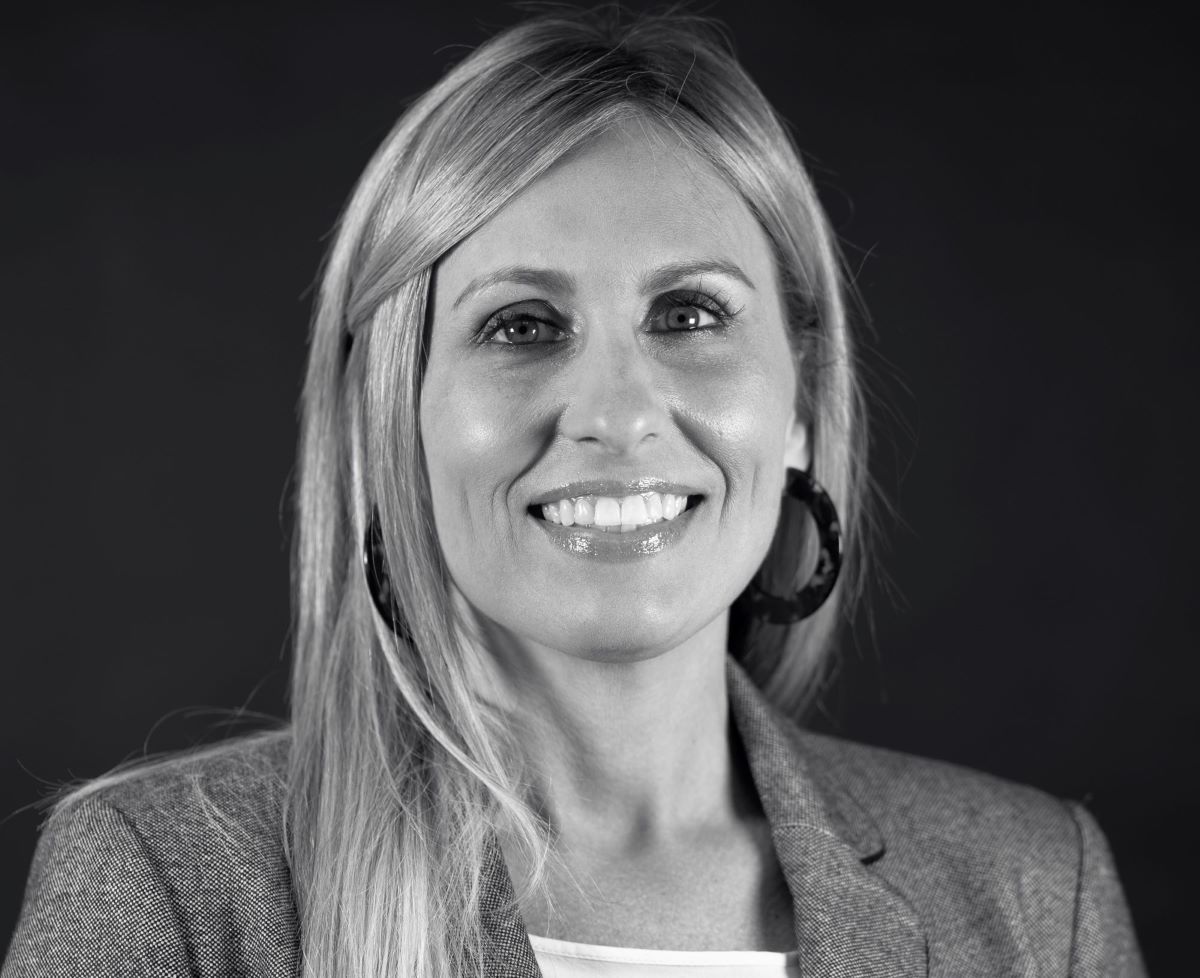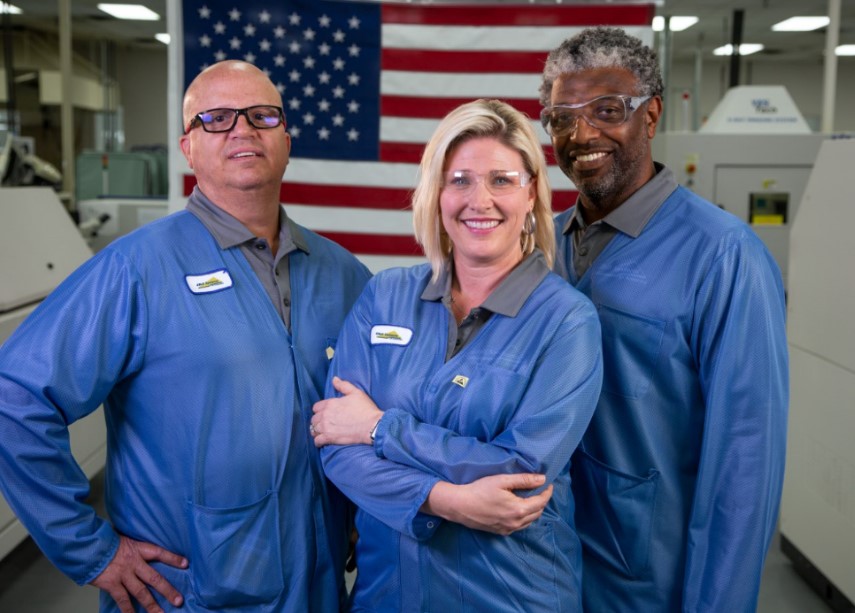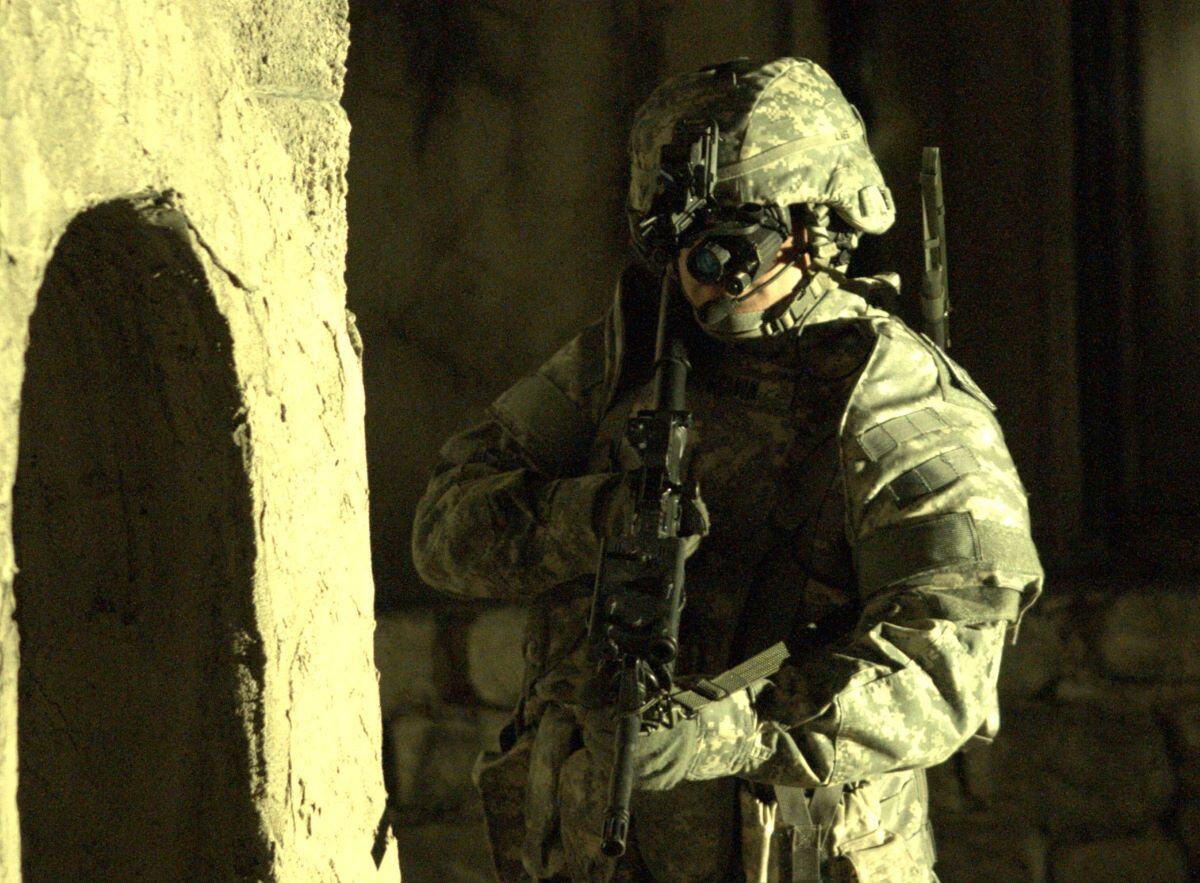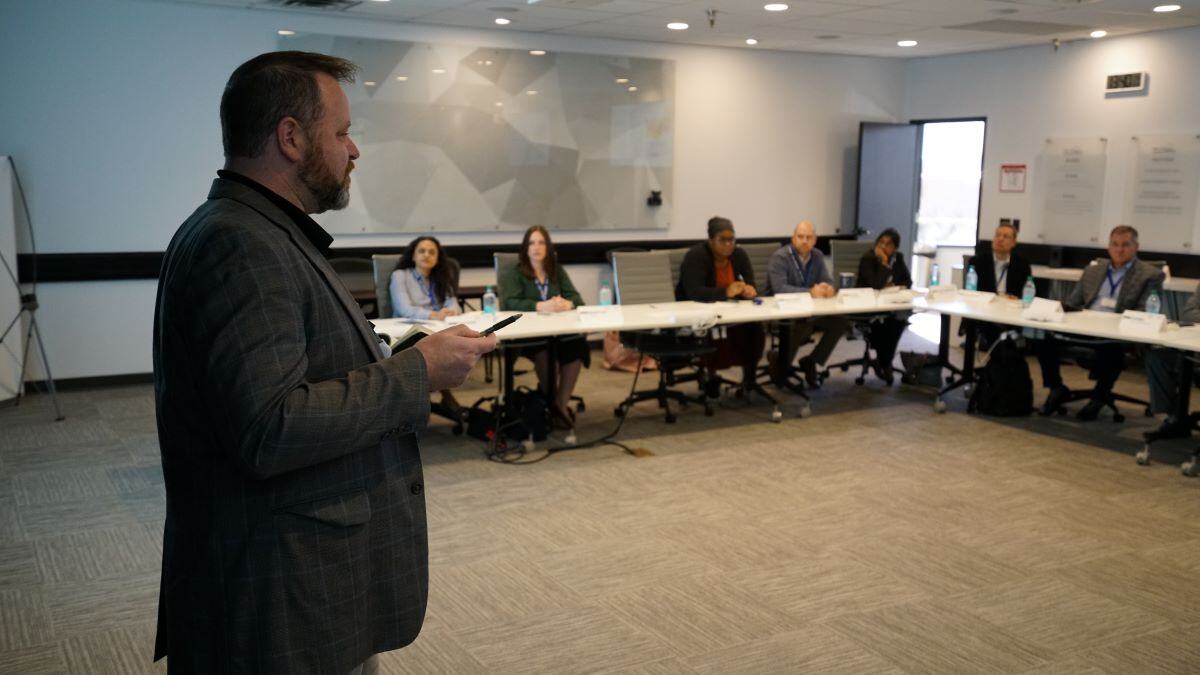On Jan. 21, 2023, Elbit America's Lisa Northup was featured in Defense Daily's monthly column, Force Multipliers. Access the original column on the Breaking Defense site here.
Q&A with Defense Daily's Force Multiplier, Lisa Northup
Lisa Northup is the Vice President of Human Resources and Employee Development at Elbit Systems of America (Elbit America). In her current role, Northup develops strategies that attract and retain key talent for the company and is also helping to enhance the company’s inclusion and diversity goals, while serving her colleagues as an executive coach. Northup first joined Elbit America in 2015.
How did you get involved in the defense industry or community?
Networking! Although I had a great handle on Human Resources from my previous positions, I was unfamiliar with the defense industry. When I decided it was time to make a move in my career, I started to put out feelers among my network of HR professionals and it led me to Elbit America. Networking is so important for personal and professional growth. In this case, my network connected me to a wonderful opportunity.
What are some of the challenges you faced working through your career?
There are many, many challenges I’ve faced while working through my career: Working for difficult bosses, age vs. my job, difficult conversations – with employees, peers, superiors, public speaking, working in male dominated industries, working with women and backstabbing. I can give examples of all these situations. Here are a few of them: Early in my career I was given the opportunity to work with executives on development – I certainly had to overcome the challenge of age – being young in the role I was in. Why would someone so experienced want to listen to something that I had to say or coaching I had to give? I approached it by building relationships, listening, observing, being patient and waiting. I waited for the leader to share a situation they were frustrated by – it was an opportunity for me to share my observations and give advice for how they may want to consider moving forward. Over time, I built trust and with that came confidence – confidence that people had in me and that I had in myself. I share this to say I think every generation has stereotypes – Baby Boomers “lived to work” and looked at Gen X’ers as lazy for wanting work/life balance. Gen X’ers look at Millennials as impatient for wanting things now and not wanting to work for them; and of the previous generations look at members of Gen Z as floating thru life, waiting to only do work they connect with and that’s socially responsible. In truth, these are all stereotypes of the generations, but this doesn’t define everyone for any given generation. As early career talent comes into the workforce, my advice would be don’t be defined by your generation stereotype – be authentic to who you are, work hard, be curious, ask questions, listen, learn, be your own advocate, network, build relationships, work hard, enjoy life!
It’s not just the defense industry that’s struggling with a male-dominated industry. I started out in a HR position at an auto-finance company and that was entirely male-dominated. Being the only female, you have to have a voice and you have to use your voice. Any female leader should remember to speak up for themselves and those that don’t have a voice. It’s key to have a good leader who will listen to you and trust you if you feel like you can’t speak up. However, at the end of the day, I believe every woman needs to find their voice, especially while working in a male-dominated industry.
I do not like public speaking at all. It was something I still work on. How did I get better? I got vulnerable! I told people I hated it and that I needed to practice. They let me practice with them; they gave me feedback; they gave me tips on things I could do better. I took courses, soaked up as much guidance as I could, and I practiced. I found the more I practiced, the more comfortable I became. The more I actually did it, the less I hated doing it. I still don’t think I’m the absolute best at public speaking, but I don’t hate it like I used to!
Did you feel like you always had sufficient mentors and leaders to help guide you? Why/why not?
None of my growth in the HR industry within a defense community would have been possible had I not reconnected with professional contacts. After seven years, I understand the industry, its acronyms, our customers, and our company culture, and I am excited about being part of an industry that keeps our nation safe and free.
What does it mean to be successful in your career field?
I’ve worked in every single area of HR which is somewhat unique. You don’t get people who come into HR and work in every area of it. Simply, I think it’s about developing others to succeed, which leads to the company succeeding. This is done when you are able to connect with people. Listening is extremely important; being able to pull out the heart of the matter without them explicitly stating it is a skill that leads to success within HR. Building that trusted confidence and having people that confide in you is a success within the field. If you can’t be trusted and you can’t be a confidant you would never be successful in HR.
What are some of the under-appreciated positions in the defense field, the unsung heroes or essential cogs in the machine that help the job get done with less recognition?
Production workers are definitely essential and are the unsung heroes in our organization. Afterall, they’re the individuals putting together our solutions, that ultimately make it into the hands of our Warfighters. During the COVID pandemic, these production workers came-in every single day. They braved that uncertain time, adjusting to the new normal, such as mask-wearing and social distancing requirements. These employees didn’t stop. They adjusted to the new expectations and kept focused on their tasks. Without them and their dedication, we wouldn’t have product out the door.
In addition to the production workers, it’s important to mention the employees in Supply Chain. These individuals have had to get extremely creative in how they solve problems and access our needed resources. Supply chains aren’t what they used to be, so this group is having to approach their work differently. Much has changed due to COVID and its impact on supply chains across the globe. How well these individuals manage their work, definitely impacts our company’s bottom line.
How can the industry improve in promoting these individuals and building them up?
It comes down to recognition and acknowledgement. All members of Elbit America’s workforce are essential, but production workers and supply chain are at the tip of the spear. Without their contributions, no one else has a job to do. It’s important that these employees understand our entire team is behind them. We appreciate their commitment and we respect the special skills their jobs require.
How has the culture changed around diversity within your career?
Diversity is another challenge for the defense industry. According to a workforce study done in late 2021 by the Aerospace Industries Association (AIA), we know that only 25 percent of the workforce is comprised of women, while 30 percent of employees are minorities. We have to continue to drive these numbers higher. At Elbit America, my team and I are dedicated to initiating change by establishing key partnerships with organizations such as INROADS, so we can continuously welcome talented and diverse interns to the Elbit America family. We’re also partnered with the Society of Women Engineers, so we can stay plugged-in to their various events and membership, and our Human Resources and recruitment professionals are focused on the talented pools of recruits from the 105 Historically Black Colleges and Universities.
In terms of our current workforce, we’re supporting diverse groups within our Elbit America family now. Employee Community Groups (ECGs) are cropping up that are developed by employees who wish to celebrate their differences and make connections across the company. The development of the ECGs speaks to our One Elbit Family culture, which fosters a fun and inclusive environment. The bottom line is we respect our employees for who they are and for their knowledge, skills and experience as individuals. This sense of family is burgeoning into various ECGs, but it’s also empowering employees to share their whole self and culture openly, benefitting the entire workforce. Our employees make use of our various Internal Communications channels to share history, culture, and to celebrate differences and instigate connection and understanding.
What is your advice for new entrants to the defense/military community?
Being part of the defense community is special because our mission is so unique. It’s important to be a sponge in the defense industry. Listening is key, along with the confidence to ask a lot of questions. Anyone can learn the ins and outs of the defense industry, but it certainly takes a willingness to listen and learn. It’s as simple as that.
What do you see as the future of your sector in national defense?
I see HR being a partner to the business, helping to engage and develop employees and grow our managers into coaches who continually involve and advance their teams. People are people. It doesn’t matter what industry you’re in. Leaders within the defense space have to focus on the people that are here now, while welcoming new, diverse members to our workforce. That’s a job that we’re all committed to at Elbit America. Whether that’s embracing the recommendations that come from our ECGs or partnering with educational institutions to gain the brightest and most talented individuals in our home communities and afar. We have to demonstrate that we’re inclusive – that it’s a priority – and the talent will emerge.
Two years ago, Elbit America initiated the IDEA LAB, a group of Millennials across the company, who are helping to shape our workforce. These volunteers are diverse in terms of job duties, gender, race, background, and more. They’re helping to initiate change within our company to drive us in the right direction. Groups like our IDEA LAB are important to ensure that recruitment and employee development within our industry evolves properly.
For those working in Human Resources, we’re seeing unprecedented challenges in our work today such as the Great Resignation, inflation, low unemployment rates, the COVID pandemic, hybrid working, and more. These challenges aren’t unique to the defense industry, but they are tremendous challenges in and of themselves. You add them all together, plus the fact that we are considered an essential industry, and you’ve compounded the hard work HR professionals must tackle every day. Now, I’m an optimist, so I look at these challenges as opportunities to learn and make change within our space.
The same 2021 AIA workforce study I referenced earlier showed the defense industry with a 6 percent attrition rate, while unemployment reached pre-pandemic lows. At Elbit America, we’re addressing these hurdles by focusing on employee engagement and our differentiators. We must be creative and spotlight the aspects that make our company unique – our One Elbit Family culture, our mission, values, our flexible and hybrid work models, the access employees enjoy with our leaders, numerous opportunities for employee development – these qualities create an environment where people want to work and choose to stay.
Access Lisa Northup's leadership bio. here.






